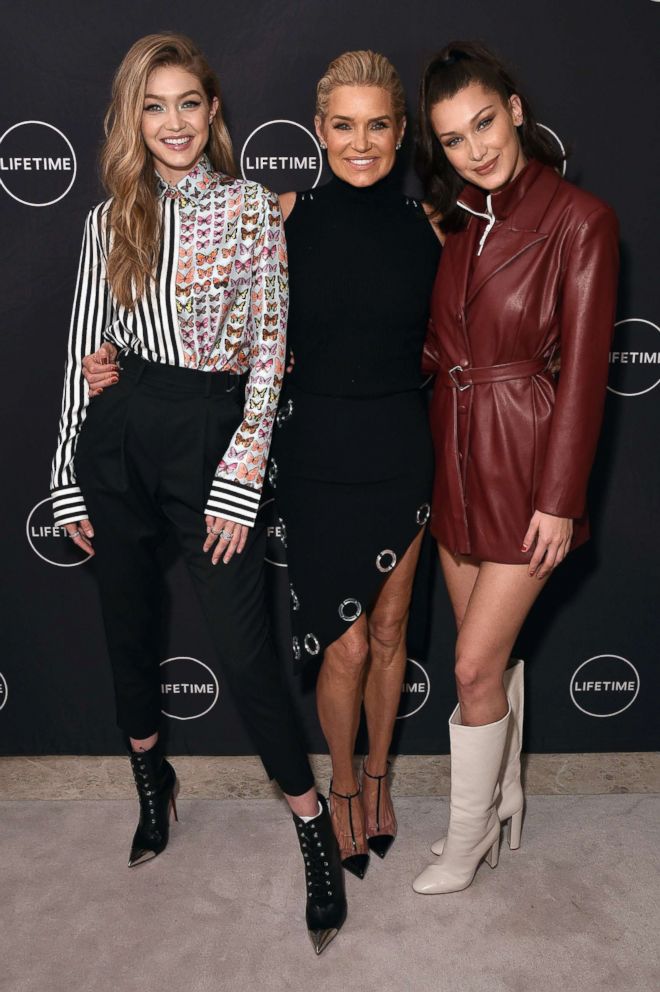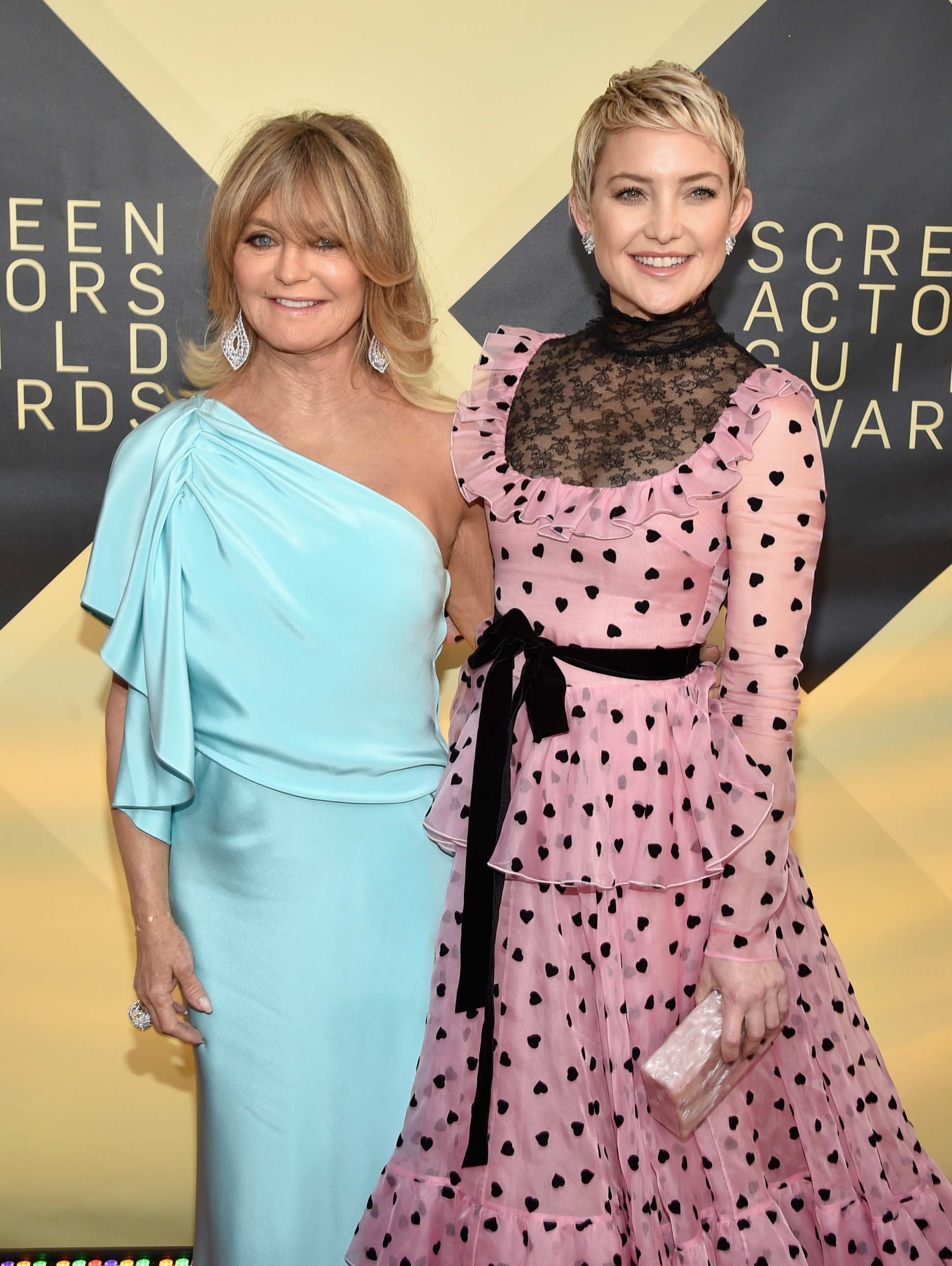Like mother, like daughter? What your mother's genes say about your future
Your future health isn't as simple as looking at your mom, experts say.
The saying goes, "like mother, like daughter," but experts say not so fast when it comes to your genes.
"Your mom is half the answer. Your dad is also half the answer," said Dr. Wendy Chung, geneticist at New York-Presbyterian and Columbia University Irving Medical Center. "You don't inherit 100 percent of your mom's genes."
She added, "So even though [your mother] may have followed a certain path, it's not a fait accompli that you're going to follow the same path."
That may be good news for some daughters who see their moms suffering from health crises in later years, or disappointing news for other daughters who see their moms wrinkle-free or active into their 80s and beyond.

It also makes one wonder how celebrity offspring from Gigi and Bella Hadid to Kaia Gerber, Cindy Crawford's daughter, can look like clones of their supermodel moms.
"In reality, appearance, personality, these are such complicated traits that they are subsumed by thousands of genes so there is a good mixture that goes on between mom and dad genes," said Dr. Robert Green, a medical geneticist who directs the G2P Research Program in translational genomics and health outcomes in the Division of Genetics at Brigham and Women's Hospital and Harvard Medical School.
"But, given that, there certainly are physical similarities between many mothers and daughters that are striking," he added.

The most certain thing moms and daughters share, according to Green, are their behaviors.
"The beautiful thing about families is that you not only get DNA from your parents, but you get your earliest models for how you should function as a human being," he said. "How you should laugh, how you should cry, whether you treat other people with kindness or not."
He continued, "Some people think the same parent exerts a very strong role model for the same-sex child. If you're female, probably more than half of your personality is coming from your mom."
One thing daughters, and sons, do inherit solely from their moms is something they'll never see on the outside, according to Green.
The genes that are the blueprint for making mitochondria in our bodies -- the tiny organelles in our cells that help with energy production and energy flow -- are carried only in eggs so they are passed on from women to child.
"When there is something wrong with the mitochondria, you can only inherit those conditions from your mother," Green explained. "You don't usually notice them if they're all working normally."
What we can learn from female genes in our family tree

A holiday like Mother's Day is a perfect time to talk to your mother -- and all female relatives -- about her medical history, both Green and Chung agree.
"I hope when people look at their mom and their dad's sides of the family, their family tree, that they use that as an opportunity not to become paralyzed by fear, or what I call genetic fateists," Chung said. "But rather to use that as an opportunity to think about where to put some of their energies and where to be able to think about things that are effective in terms of intervention."
When taking into account their mother's health in particular, daughters should realize they're facing "different health threats" than their mother's generation, according to Chung.
"Many of us are having our children later than our moms did," she said, giving one example. "Issues of infertility may not have come up in the previous generation of our moms because they weren't trying to push the envelope in terms of fertility age."
Daughters should be aware too that some risks for specific diseases like breast, ovarian and uterine cancers, particularly the risk posed by BRCA mutations, are passed on through the women in their mother's and father's families. Remember, though, only a small percentage of breast cancers have anything to do with heredity.
"Not only do we inherit these traits that make us who we are but we inherit risk factors for the diseases that will affect us as we get older," Green said. "Our family can act as a really effective early warning sign to remind us of the things we should pay attention to and think about."

And while half of daughter's genes come from their dads, women tend to know more about their mom's health, Chung has observed. There are also unmistakable differences between women and men.
"We come in different body packages," said Chung. "Men don't have breasts. They don't go through menopause. We don't share those factors with our dads."
Though cancer risks and risks for heart ailments do have genetic components, lifestyle changes like being active, being at a normal weight and eating well are all proactive steps that can help overcome genes, according to Chung.
Daughters also do not need to be of the mindset that, as Chung said, "it's in my genes and, good or bad, there's nothing I can do about it."
"Based on the scientific data, I know that's not true," she said.
This story was originally published on May 9, 2018.




